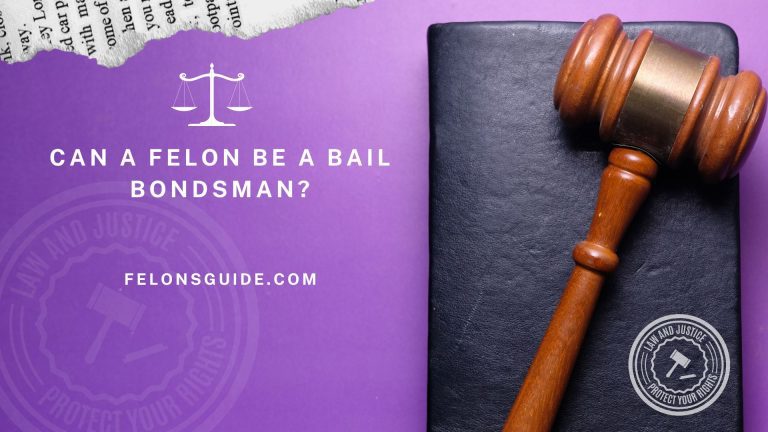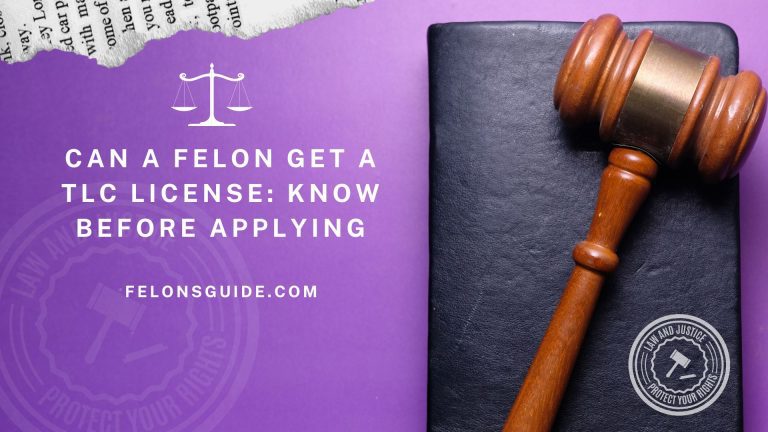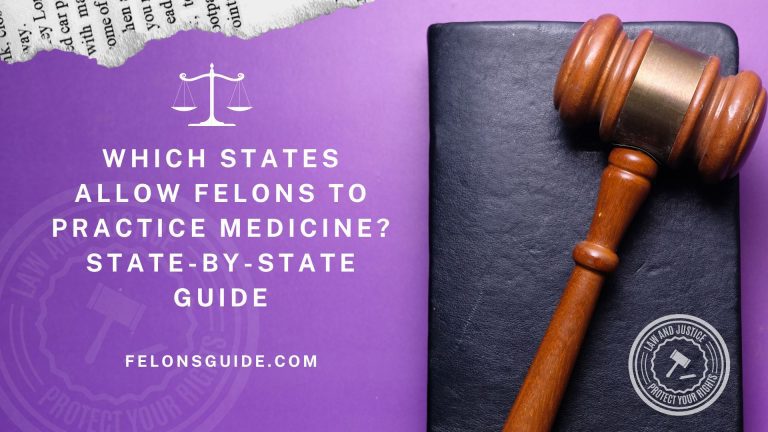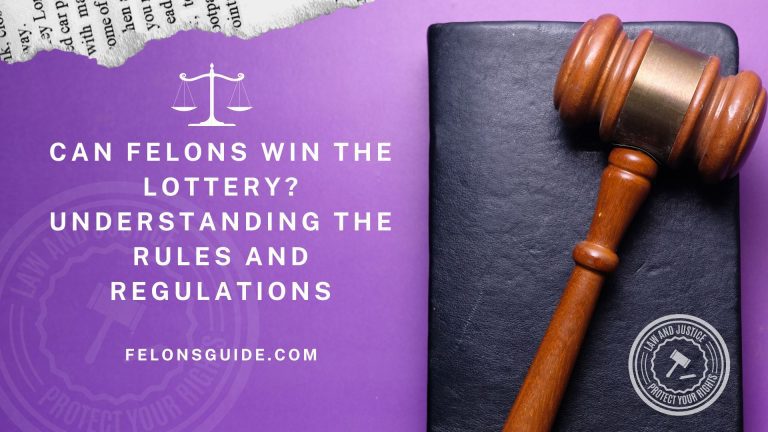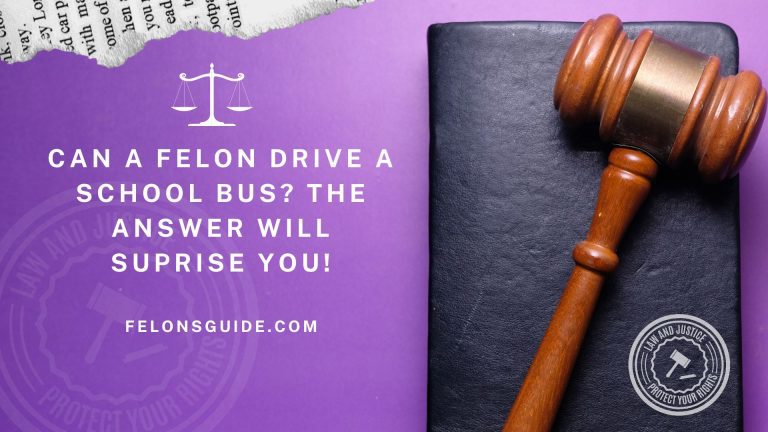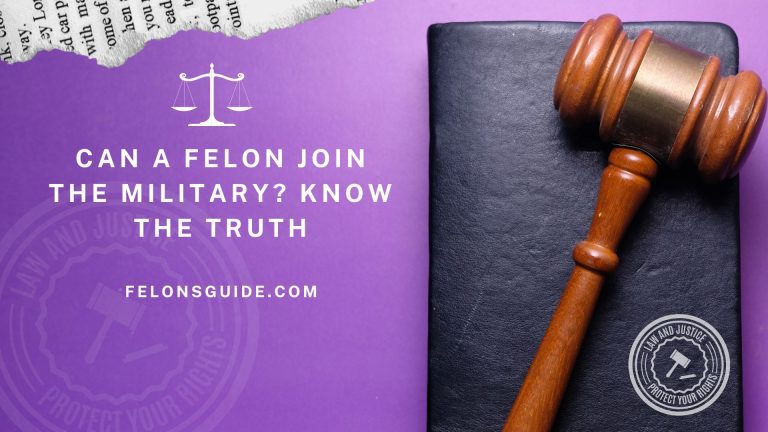Can a Felon be a Bounty Hunter? (Know the Truth)
The question of whether a felon can become a bounty hunter intertwines legal, ethical, and practical considerations, revealing a complex landscape that varies significantly across different jurisdictions. Bounty hunting, also known as bail enforcement or fugitive recovery, involves tracking down and apprehending individuals who have skipped bail. This profession requires a unique blend of skills, including investigation, surveillance, and sometimes, the use of force. But for those with a criminal record, entering into this line of work presents additional hurdles. Here, we delve into the realities and regulations surrounding felons aspiring to become bounty hunters.
Can a Felon be a Bounty Hunter? (Know the Truth)
Yes, a felon can potentially become a bounty hunter, but this is heavily dependent on the laws of the state in which they wish to operate, the nature of their felony, and their rehabilitation efforts. While some states outright prohibit felons from becoming bounty hunters, others may allow it under certain conditions, such as after a waiting period, or if the individual can demonstrate rehabilitation and adherence to ethical standards.
Legal Considerations
The legal framework governing the eligibility of felons to work as bounty hunters is primarily determined at the state level in the United States, leading to a patchwork of regulations that can be difficult to navigate. Some states have explicit laws that prohibit felons from obtaining the licensure required to work in fugitive recovery. These laws often hinge on the belief that individuals who have previously broken the law may not be suitable to enforce it or work in close collaboration with law enforcement.
However, other states are more lenient, allowing felons to become bounty hunters provided they meet certain conditions. These conditions might include a waiting period after conviction, the type of felony committed, and evidence of rehabilitation. In some instances, individuals can petition the court or a licensing board for an exemption, especially if their conviction is not directly related to the skills and responsibilities of bounty hunting.
Ethical and Professional Standards
Beyond legal restrictions, ethical considerations also play a crucial role. Bounty-hunting agencies and professional associations may have their own standards and codes of conduct that exceed state requirements. These standards often emphasize trustworthiness, professionalism, and the ability to perform duties without compromising public safety or the legal system. For felons, demonstrating adherence to these ethical standards can be an uphill battle, requiring them to provide evidence of rehabilitation, character references, and sometimes, additional training or certifications.
Practical Realities
Even in states or circumstances where felons can legally become bounty hunters, practical challenges remain. For instance, obtaining liability insurance—a requirement for many agencies and independent bounty hunters—can be more difficult and expensive for individuals with a criminal record. Similarly, building professional relationships with bail bondsmen and law enforcement agencies, who must trust the bounty hunter to act lawfully and ethically, can be particularly challenging for those with a felony conviction.
Success Stories and Rehabilitation
Despite these challenges, there are success stories of felons who have successfully transitioned into careers in bounty hunting. These individuals often cite the profession as a turning point that allowed them to apply their knowledge of the criminal justice system in a positive and legally sanctioned manner. Rehabilitation efforts, such as substance abuse programs, education, and community service, can play a significant role in supporting this transition.
Conclusion
The question of whether a felon can become a bounty hunter is not one with a uniform answer. It varies greatly depending on the jurisdiction, the nature of the felony, and the individual’s efforts toward rehabilitation. While legal barriers exist, they are not insurmountable in every case. For those with a criminal record interested in pursuing a career in bounty hunting, it is crucial to research the specific laws and regulations in their state, seek legal advice, and prepare to meet higher standards of scrutiny and professionalism. The path may be fraught with challenges, but for some, it represents a viable avenue for redemption and a second chance at a fulfilling career.
